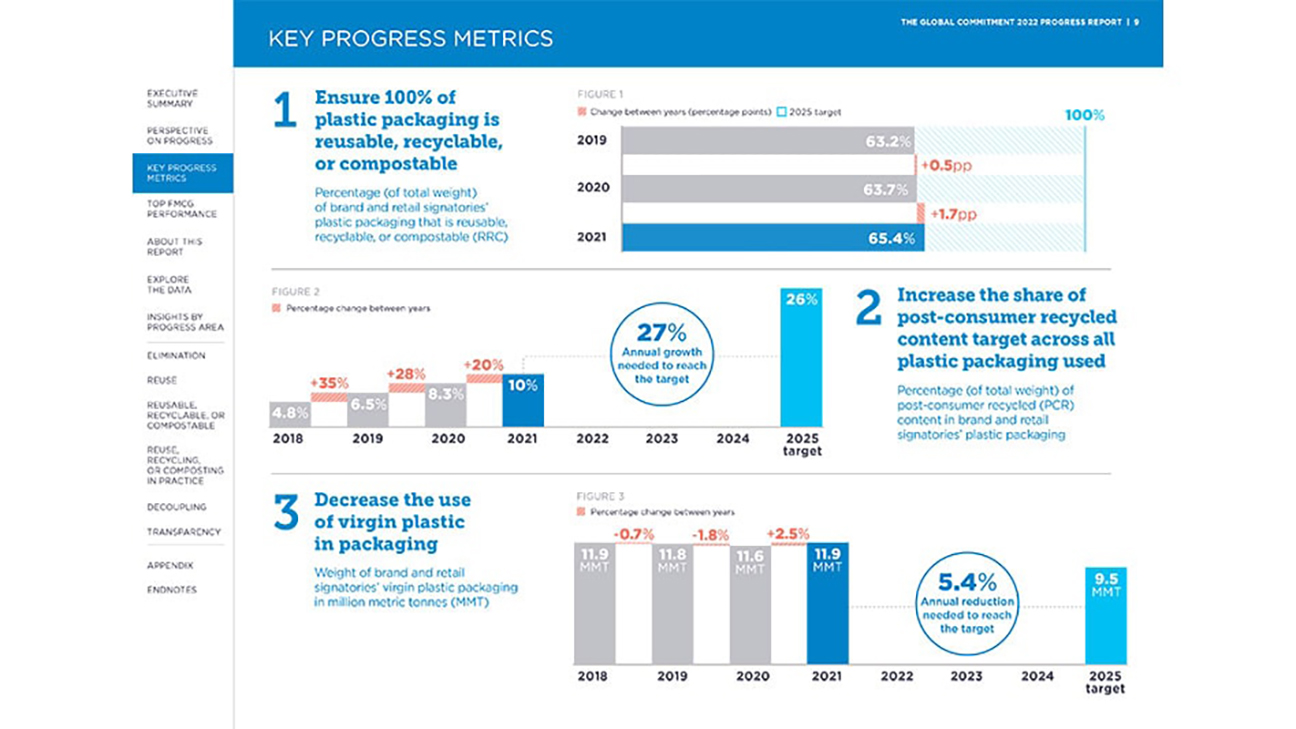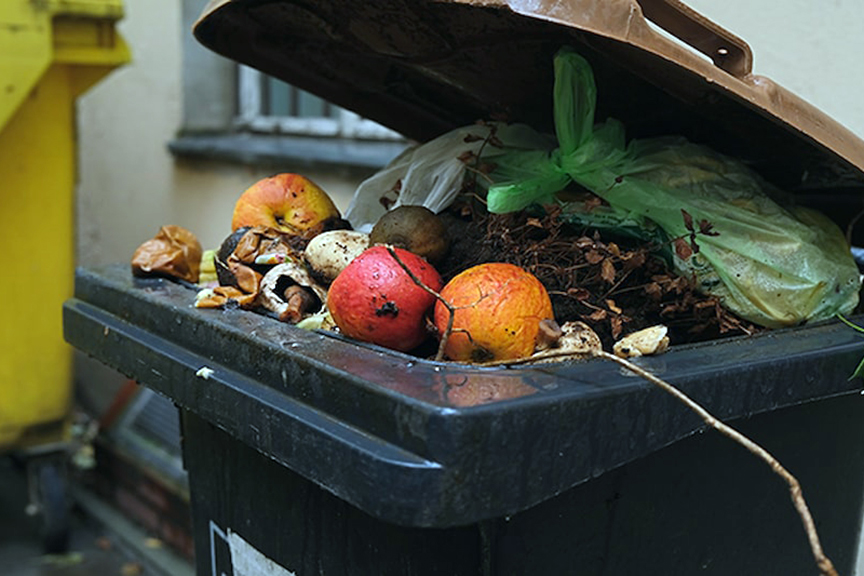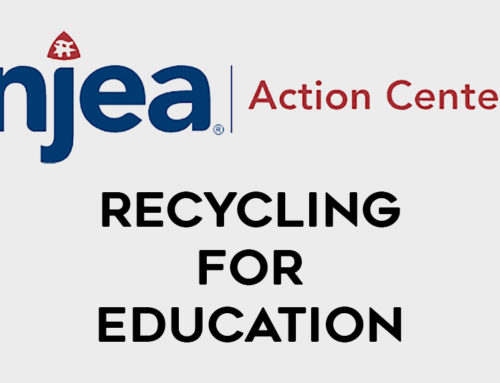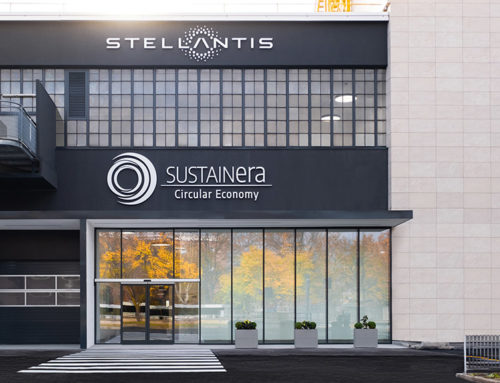As California mandates organics collection by local governments, Zabble, a pioneering data collection and analytics platform, anticipates a surge in demand for its contamination monitoring tools. This cutting-edge software is designed to empower recycling programs, enabling them to track recycling performance efficiently while providing real-time monitoring of recycling rates and contamination through AI-powered capabilities.
Zabble embarked on a mission to address one significant challenge faced by municipal recycling stakeholders in California. It was a problem familiar to many—the inability to utilize contamination monitoring mobile device software in the field when an internet connection was unavailable. The insights gathered from conversations with stakeholders in California played a pivotal role in shaping the latest enhancements to Zabble’s software.
Nik Balachandran, CEO and Founder of Zabble, underscored the company’s core focus on ensuring the robustness of its software. The objective was to ensure that it could continue to deliver efficiency even in areas with no internet connectivity. Zabble’s commitment to enhancing the user experience in real-world scenarios is driven by the company’s dedication to providing innovative solutions.
While Zabble has primarily served universities, offering a subscription-based model for its services, the introduction of Senate Bill 1383 in California opened up new possibilities. This bill mandated that local governments provide organics collection services to residents, creating a unique avenue for Zabble to extend its offerings to municipal recycling programs. This expansion is aimed at enabling these programs to collect detailed data on organics diversion and contamination at the curbside.

To support these requirements, the California Department of Resources Recycling and Recovery (CalRecycle) recently announced an allocation of $90 million in local assistance grants, specifically designed to assist jurisdictions in complying with the organics mandates. For the first time, software solutions like Zabble’s are considered eligible expenses under these grants, which are allocated to local governments based on their population.
Balachandran noted that state authorities have recognized the potential benefits of technology when thoughtfully implemented, aligning technology with sustainability objectives.
Zabble’s journey has been further accelerated through multiple Small Business Innovation Research (SBIR) program grants from the U.S. Environmental Protection Agency (EPA). These grants have supported Zabble in further developing its technology, including AI-powered visioning capabilities for material detection and categorization using cell phone images.
The latest offering from Zabble, “Mobile Tagging for Jurisdictions,” is designed to assist local governments in fulfilling state requirements related to the monitoring of their organics programs. This mobile device software is engineered to automatically detect cart fill levels and contamination, linking this data to specific addresses even in areas with poor network connectivity. Moreover, the software enables jurisdictions to analyze results and determine the most effective ways to address contamination issues. It also offers a no-code app development feature, allowing program staff without coding knowledge to create customized apps with the most relevant data fields.
With around 75% of California jurisdictions having implemented residential organics collection, the focus is shifting toward the monitoring phase. Zabble’s software is already in use by select municipalities such as the city of Berkeley, the Castro Valley Sanitary District, and two other undisclosed locations. Collaborating closely with these municipalities, Zabble is working to determine the optimal number of organics carts to sample to obtain representative data on systemwide contamination levels, ensuring accuracy in the monitoring process.
Julia Heath, Recycling Program Manager at the city of Berkeley, emphasized the value of Zabble’s AI-powered technology in uncovering operational efficiencies, saving time and resources, and gaining insights to enhance their programs. This technology empowers municipalities to focus more effectively on environmental sustainability and build a brighter future for their communities.
Zabble is not only at the forefront of revolutionizing organics collection but is also a growing company in its own right. After experiencing consistent two- to three-times annual revenue growth in recent years, Zabble has reached a point of financial stability. Employing a mix of full-time employees and contractors, Zabble operates with a fully remote, U.S.-based workforce, aligning its operations with modern work trends.






